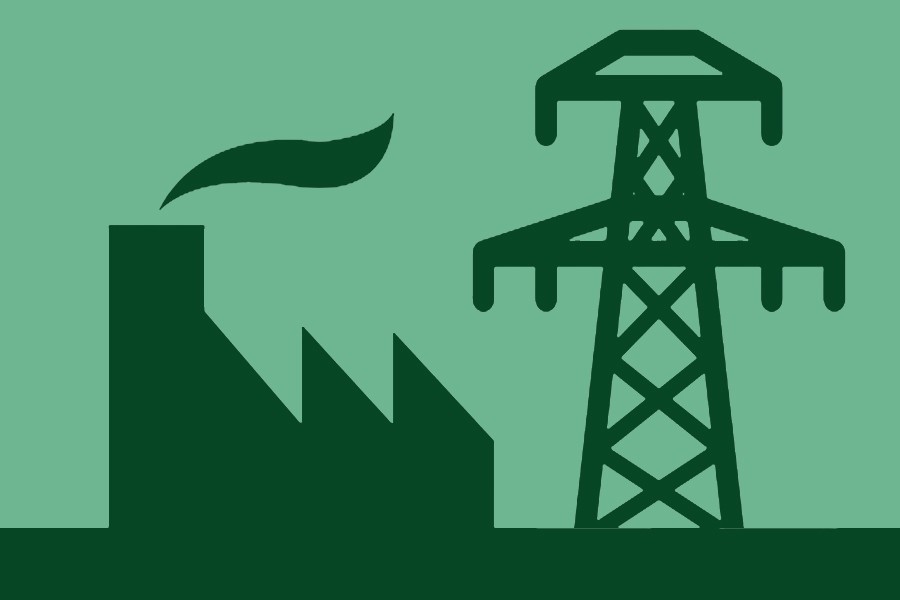Private oil-fired power-plant owners have sought compensation for fluctuations in exchange rates. They are now claiming to have incurred losses on account of import of furnace oil used to run the power plants.
The owners are seeking 'true-up payments' from the state-run Bangladesh Power Development Board (BPDB) and eyeing a 'side letter agreement' with the Bangladesh Power Development Board (BPDB) in addition to existing deals to ensure the payments.
True-up payment is to reconcile or match the balance of two or more items.
Bangladesh has some five dozens oil-fired plants that have the power-generation capacity of an estimated 5,500 megawatt (MW).
The BPDB has agreed to pay compensation to the privately-owned oil-fired plant owners and sent a letter to power division to allow true-up payment to power-plant sponsors, acknowledges a senior BPDB official.
The already loss-making BPDB, which is now operating with government subsidy to purchase power from the private power plants, however, did not mention the additional loss to be incurred if the true-up payment is made to them.
Most oil-fired plants were awarded to the private sector through unsolicited offers under the Speedy Supply of Power and Energy (Special Provision) Act 2010.
The law has a provision of immunity to those involved with quick-fix remedies.
They purchase furnace oil of their own on a 'free on board' (FOB) basis, arrange vessels and bring oil paying freights of their own.
Then they get back all the costs along with 9.0-per cent service charge from the BPDB.
Rights groups and energy experts, however, oppose such true-up payments, saying it will be an additional window of making money by "fooling people".
"We're incurring losses as we're paying around Tk 110 per US dollar while importing furnace oil, but we get payment from the BPDB as per bank rates, which is now at Tk 95.05 per dollar," Bangladesh Independent
Power Producers Association (BIPPA) president Imran Karim told the FE on Saturday. The independent power producer (IPP) companies have an outstanding payment of more than $1.5-1.7 billion with the BPDB as on 05 July 2022.
But according to a decision of a tripartite meeting among Bangladesh Bank (BB), Bangladesh Foreign Exchange Dealers Association (BAFEDA) and Association of Bankers, Bangladesh (ABB), banks cannot make profit more than Tk 1.0 by selling one dollar from their weighted average buying cost. The meeting set a spread of Tk 1.0 between buying and selling prices of the greenback for banks to stabilise the foreign currency market.
"I think the BPC alone should have the responsibility to import all sorts of petroleum products from international market to ensure transparency and accountability in fuel import costs," says energy expert professor Ijaz Hossain.
"I've heard that the private sector imports lower-grade furnace oil than the approved specifications," he adds.
Mr Hossain, who teaches chemical engineering at Bangladesh University of Engineering and Technology, suggests that the government ensure proper monitoring to check irregularities. There is a mismatch in importing petroleum products by the public sector and the private sector, Dr Shamsul Alam, energy adviser of the Consumers Association of Bangladesh, tells the FE.
The BPC has long been maintaining a low-accounting system, which is helping the vested groups to waste public money, he remarks. Mr Alam says there are also allegations that the private sector imports furnace oil at a discount rate from different oil suppliers but charge payments from the BPDB at international market rates with premium.
The private plant owners should shoulder the loss from dollar fluctuations, if any, from the amount of 9.0 per cent as they get from the BPDB, he concludes.


